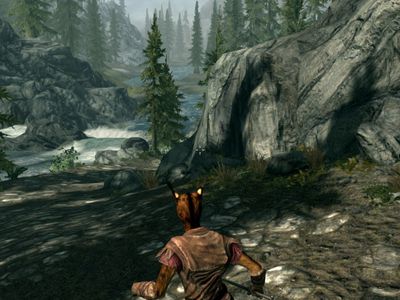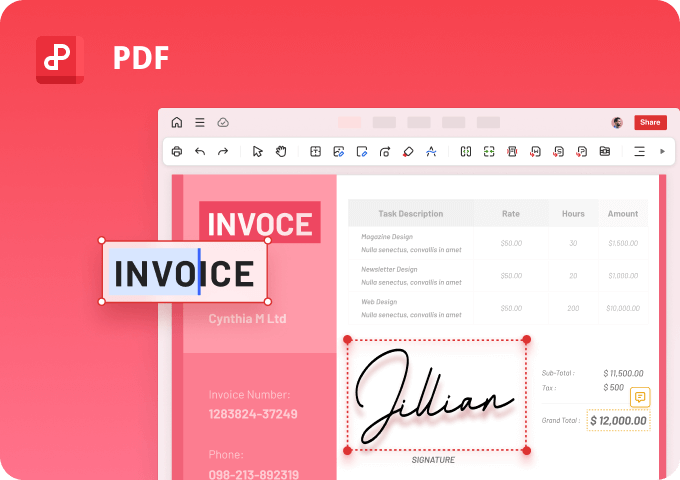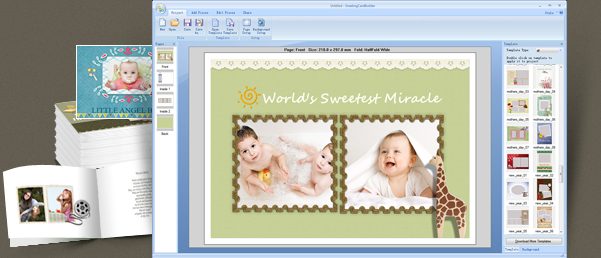
Quick Fixes and Preventive Measures: Unlocking the Potentials of Chkdsk Tool on Windows Systems

Quick Fixes and Preventive Measures: Unlocking the Potentials of Chkdsk Tool on Windows Systems
Close
Short for “check disk,” the chkdsk command is a Command Prompt command used to check a specified disk and repair or recover data on the drive if necessary.
Chkdsk also marks any damaged or malfunctioning sectors on the hard drive or disk as “bad” and recovers any information still intact.

WPS Office Premium ( File Recovery, Photo Scanning, Convert PDF)–Yearly
Chkdsk Command Availability
The chkdsk command is available via Command Prompt in Windows 11, Windows 10, Windows 8, Windows 7, Windows Vista, and Windows XP operating systems.
The chkdsk command is also available in Advanced Startup Options and System Recovery Options . It works from within the Recovery Console in Windows 2000 and Windows XP. Chkdsk is a DOS Command, too, available in most versions of MS-DOS.
13 Best Free Hard Drive Testing Tools (July 2024)
The availability of certain chkdsk command switches and other chkdsk command syntax might differ from operating system to operating system.
Chkdsk Command Syntax
chkdsk [volume: ] [/F ] [/V ] [/R ] [/X ] [/I ] [/C ] [/L :size ] [/perf ] [/scan ] [/? ]
| Chkdsk Command Options | |
|---|---|
| Option | Explanation |
| volume: | This is the drive letter of the partition for which you want to check for errors. |
| /F | This chkdsk command option will fix any errors found on the disk. |
| /V | Use this chkdsk option on a FAT or FAT32 volume to show the full path and name of every file on the disk. If used on an NTFS volume, it will show cleanup messages (if there are any). |
| /R | This option tells chkdsk to locate bad sectors and recover any readable information from them. This option implies**/F** when**/scan** is not specified. |
| /X | This command option implies**/F** and will force a dismount of the volume if necessary. |
| /I | This option will perform a less vigorous chkdsk command by instructing the command to run faster by skipping over certain regular checks. |
| /C | Same as**/I** but skips over cycles within the folder structure to reduce the amount of time that the chkdsk command runs. |
| /L: size | Use this chkdsk command option to change the size (in KB) of the log file. The default log file size for chkdsk is 65536 KB; you can check the current log file size by executing**/L** without the “size” option. |
| /perf | This option allows chkdsk to run faster by using more system resources . It has to be used with**/scan** . |
| /scan | This chkdsk option runs an online scan on an NTFS volume but does not try to repair it. Here, “online” means that the volume does not need to be dismounted, but can instead remain online/active. This is true for both internal and external hard drives ; you can continue using them throughout the scan. |
| /spotfix | This chkdsk option dismounts the volume only briefly to fix issues that were sent to the log file. |
| /? | Use the help switch with the chkdsk command to show detailed help about the commands listed above and other options you can use with chkdsk. |
Other less commonly used chkdsk command switches exist too, like**/B** to re-evaluate bad clusters on the volume,/forceofflinefix which runs an online scan (a scan while the volume is active) but then forces the repair to run offline (once the volume has been dismounted),/offlinescanandfix which runs an offline chkdsk scan and then fixes any problems that were found, and others that you can read more about through the**/?** switch.
The**/offlinescanandfix** option is the same as**/F** except that it’s only allowed on NTFS volumes.
If you’re using the chkdsk command from the Recovery Console in older versions of Windows, use**/p** in place of**/F** above to instruct chkdsk to perform an extensive check and repair errors on the hard drive .
Chkdsk Command Examples
Here are some of the different ways you might use the chkdsk command:
Read-Only Mode
chkdsk
Since no drive or additional options were entered in the above example, chkdsk simply runs in read-only mode.
:max_bytes(150000):strip_icc():format(webp)/chkdsk-read-only-mode-45b119cdfaea4c89b2c716c32269497c.png)
If problems were found when running this simple chkdsk command, you’ll want to make sure to use the example from below to correct any issues.
Pre-Boot Scan & Fix
chkdsk c: /r
In this example, the chkdsk command is used to perform an extensive check of the C: drive to correct errors and locate recovery information from bad sectors. This is best used when running chkdsk from outside of Windows, like from a recovery disc where you need to specify which drive to scan.
Offline Repair
chkdsk c: /scan /forceofflinefix
This chkdsk command runs an online scan on the C: volume so that you don’t have to dismount the volume to run the test, but instead of fixing any issues while the volume is active, the problems are sent to a queue that will be resolved in an offline repair.
Fast Scan & Fix
chkdsk c: /r /scan /perf
In this example, chkdsk will fix problems on the C: drive while you’re using it and will use as many system resources as allowed so that it will run as quickly as possible.
Chkdsk Related Commands
Chkdsk is often used with many other Command Prompt commands and Recovery Console commands . It’s similar to the scandisk command used to check a hard drive or floppy disk for errors in Windows 98 and MS-DOS.
The Complete List of Command Prompt (CMD) Commands
Was this page helpful?
Thanks for letting us know!
Get the Latest Tech News Delivered Every Day
Tell us why!
Other Not enough details Hard to understand
Submit
- Title: Quick Fixes and Preventive Measures: Unlocking the Potentials of Chkdsk Tool on Windows Systems
- Author: Robert
- Created at : 2024-08-12 03:21:21
- Updated at : 2024-08-13 03:21:21
- Link: https://techtrends.techidaily.com/quick-fixes-and-preventive-measures-unlocking-the-potentials-of-chkdsk-tool-on-windows-systems/
- License: This work is licensed under CC BY-NC-SA 4.0.
 Greeting Card Builder
Greeting Card Builder
